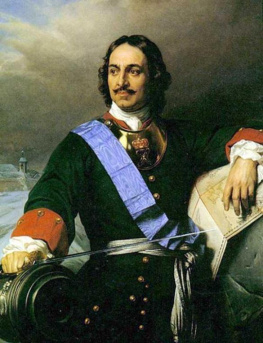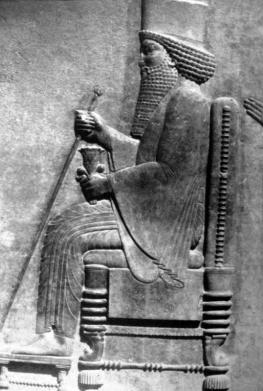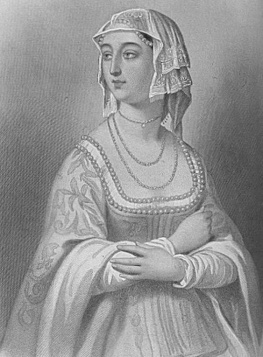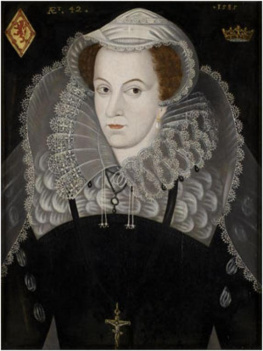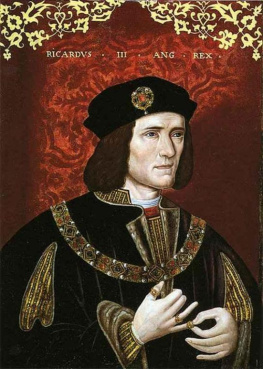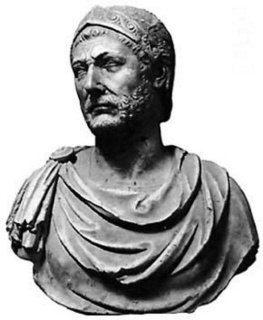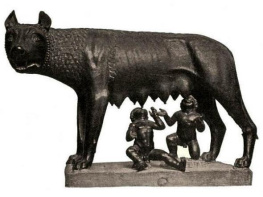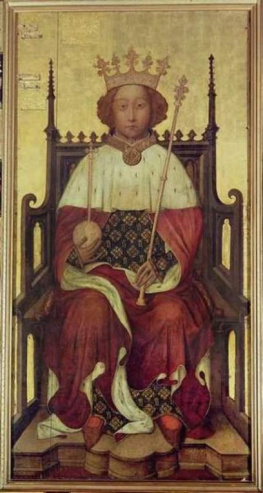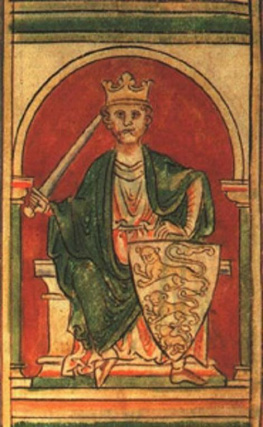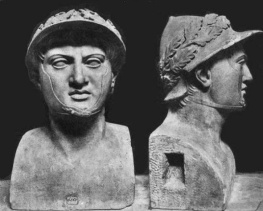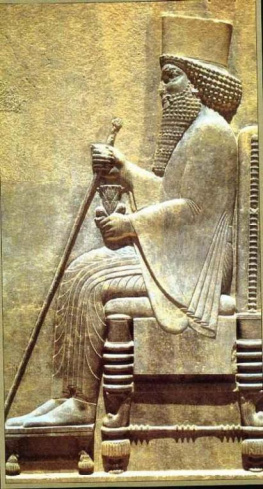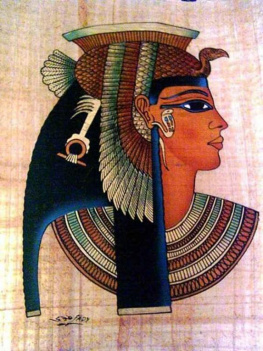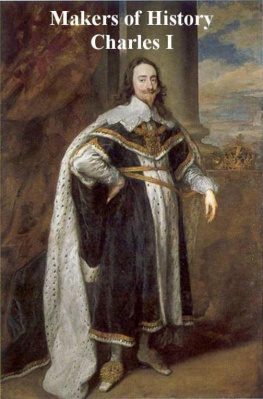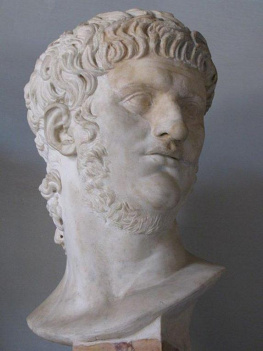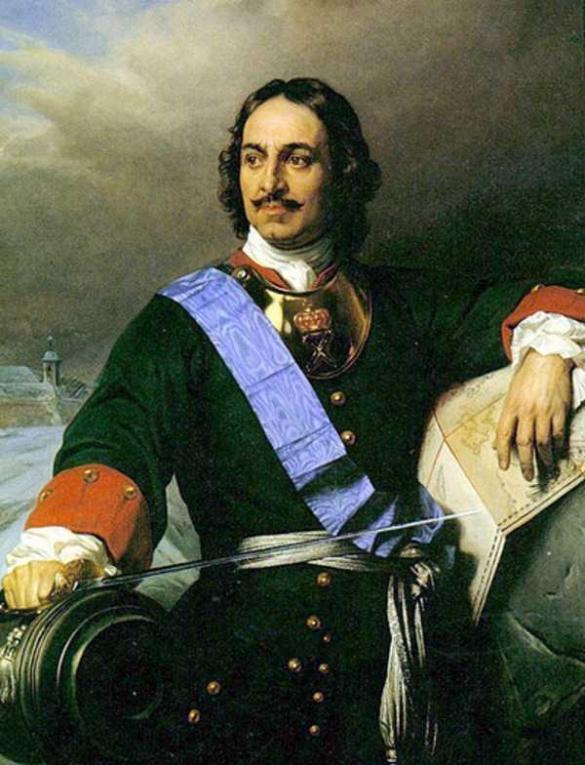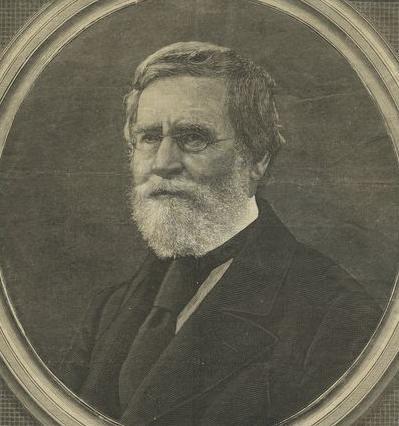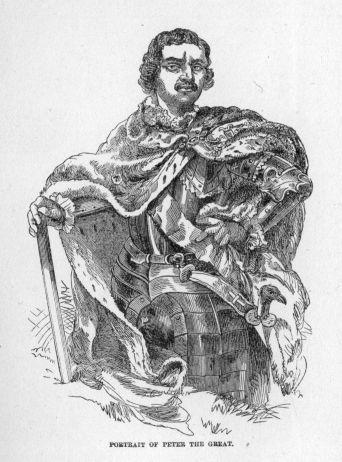Makers of History
PETER THE GREAT
by
JACOB ABBOTT
With Engravings
New York and London
Harper & Brothers Publishers
1902
Entered, according to Act of Congress, in the year one thousand eight
hundred and fifty-nine, by
Harper & Brothers,
In the Clerks office of the District Court of the Southern District of
New York.
Copyright, 1887, by Benjamin Vaughan Abbott, Austin Abbott, Lyman
Abbott, and Edward Abbott.
Table of Contents
ENGRAVINGS.
PREFACE.
There are very few persons who have not heard of the fame of Peter the Great, the founder, as he is generally regarded by mankind, of Russian civilization. The celebrity, however, of the great Muscovite sovereign among young persons is due in a great measure to the circumstance of his having repaired personally to Holland, in the course of his efforts to introduce the industrial arts among his people, in order to study himself the art and mystery of shipbuilding, and of his having worked with his own hands in a ship-yard there. The little shop where Peter pursued these practical studies still stands in Saardam, a ship-building town not far from Amsterdam. The building is of wood, and is now much decayed; but, to preserve it from farther injury, it has been incased in a somewhat larger building of brick, and it is visited annually by great numbers of curious travelers. The whole history of Peter, as might be expected from the indications of character developed by this incident, forms a narrative that is full of interest and instruction for all.
CHAPTER I. THE PRINCESS SOPHIA.
1676-1684
The circumstances under which Peter the Great came to the throne form a very remarkableindeed, in some respects, quite a romantic story.
The name of his father, who reigned as Emperor of Russia from 1645 to 1676, was Alexis Michaelowitz. In the course of his life, this Emperor Alexis was twice married. By his first wife he had two sons, whose names were Theodore and John, and four daughters. The names of the daughters were Sophia, Catharine, Mary, and Sediassa. By his second wife he had two childrena son and a daughter. The name of the son was Peter, and that of the daughter was Natalia Alexowna. Of all these children, those with whom we have most to do are the two oldest sons, Theodore and John, and the oldest daughter, Sophia, by the first wife; and Peter, the oldest son by the second wife, the hero of this history. The name of the second wife, Peters mother, was Natalia.
Of course, Theodore, at his fathers death, was heir to the throne. Next to him in the line of succession came John; and next after John came Peter, the son of the second wife; for, by the ancient laws and usages of the Muscovite monarchy, the daughters were excluded from the succession altogether. Indeed, not only were the daughters excluded themselves from the throne, but special precautions were taken to prevent their ever having sons to lay claim to it. They were forbidden to marry, and, in order to make it impossible that they should ever violate this rule, they were all placed in convents before they arrived at a marriageable age, and were compelled to pass their lives there in seclusion. Of course, the convents where these princesses were lodged were very richly and splendidly endowed, and the royal inmates enjoyed within the walls every comfort and luxury which could possibly be procured for them in such retreats, and which could tend in any measure to reconcile them to being forever debarred from all the pleasures of love and the sweets of domestic life.
Now it so happened that both Theodore and John were feeble and sickly children, while Peter was robust and strong. The law of descent was, however, inexorable, and, on the death of Alexis, Theodore ascended to the throne. Besides, even if it had been possible to choose among the sons of Alexis, Peter was at this time altogether too young to reign, for at his fathers death he was only about four years old. He was born in 1672, and his father died in 1676.
Theodore was at this time about sixteen. Of course, however, being so young, and his health being so infirm, he could not take any active part in the administration of government, but was obliged to leave every thing in the hands of his counselors and ministers of state, who managed affairs as they thought proper, though they acted always in Theodores name.
There were a great many persons who were ambitious of having a share of the power which the young Czar thus left in the hands of his subordinates; and, among these, perhaps the most ambitious of all was the Princess Sophia, Theodores sister, who was all this time shut up in the convent to which the rules and regulations of imperial etiquette consigned her. She was very uneasy in this confinement, and wished very much to get released, thinking that if she could do so she should be able to make herself of considerable consequence in the management of public affairs. So she made application to the authorities to be allowed to go to the palace to see and take care of her brother in his sickness. This application was at length complied with, and Sophia went to the palace. Here she devoted herself with so much assiduity to the care of her brother, watching constantly at his bedside, and suffering no one to attend upon him or to give him medicines but herself, that she won not only his heart, but the hearts of all the nobles of the court, by her seemingly disinterested sisterly affection.
Indeed, it is not by any means impossible that Sophia might have been at first disinterested and sincere in her desire to minister to the wants of her brother, and to solace and comfort him in his sickness. But, however this may have been at the outset, the result was that, after a time, she acquired so much popularity and influence that she became quite an important personage at court. She was a very talented and accomplished young woman, and was possessed, moreover, of a strong and masculine character. Yet she was very agreeable and insinuating in her manners; and she conversed so affably, and at the same time so intelligently, with all the grandees of the empire, as they came by turns to visit her brother in his sick chamber, that they all formed a very high estimate of her character.
She also obtained a great ascendency over the mind of Theodore himself, and this, of itself, very much increased her importance in the eyes of the courtiers. They all began to think that, if they wished to obtain any favor of the emperor, it was essential that they should stand well with the princess. Thus every one, finding how fast she was rising in influence, wished to have the credit of being her earliest and most devoted friend; so they all vied with each other in efforts to aid in aggrandizing her.
Things went on in this way very prosperously for a time; but at length, as might have been anticipated, suspicions and jealousies began to arise, and, after a time, the elements of a party opposed to the princess began to be developed. These consisted chiefly of the old nobles of the empire, the heads of the great families who had been accustomed, under the emperors, to wield the chief power of the state. These persons were naturally jealous of the ascendency which they saw that the princess was acquiring, and they began to plot together in order to devise means for restricting or controlling it.

